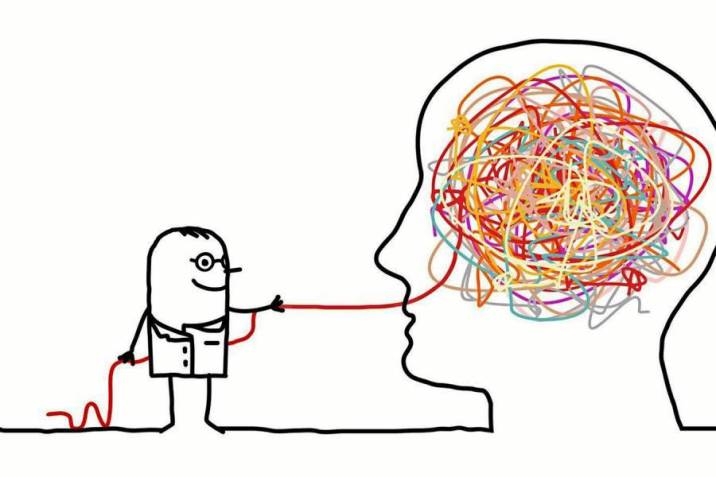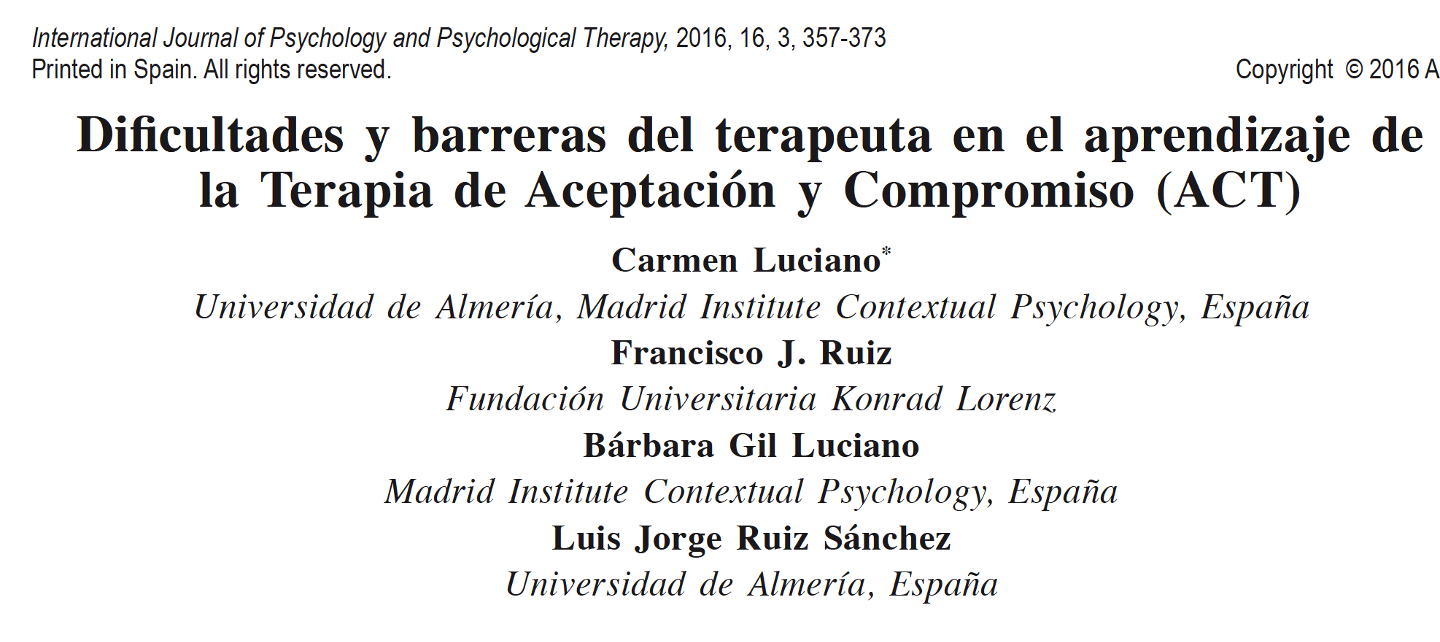Difficulties & barriers
The process of learning Acceptance and Commitment Therapy requires knowledge of its theory, its principles, and then a lot of skills, at a personal and therapeutical level.
The principles are mechanisms of action for behavioral changes. Somehow very alike learning a new sport, there are many rules and knowledge, but basically you need to practice a lot of new behaviors, new skills. You can get to be very good, and still never be able to successfully coach others into these skills.
And you can definitely not be a coach if you never practice the given sport.
This means that a skilled therapist need to implement the principles in his or hers own behavioral changes.
This is one part of the difficulties and barriers. The other is that there is no comprehensive teaching program that helps the therapist in this path.
The other issue is the pedagogical competencies of the course leaders. Most of the course leaders are competent therapists or sometimes well published researchers or well-known book authors. this do not ensure teaching qualification, unfortunately.
One of the most important barrier is the lack of a systematic and well structured learning path. This leaves us with many unanswered questions doing our training: which course should I choose? how do I know if the leader/teacher/trainer has the competencies to teach? How do I know how much I now and what I need next?
Think about how we got our clinical degrees and certification. We do not take one workshop here, go to a conference there or buy a webinar. We have well-planed programs that are sequentially and stepwise designed, with clear objectives and outcomes settings.
This article explains (in Spanish) the difficulties for the therapist to understand the behavioral patterns of the patients/clients.
This lack of competencies leads the therapist to a trial-and-error method and a lot of frustration. There is an imperative need to understand how to assess behavioral patterns in a way that directly informs your intervention in a precise manner.
A structured training in ACT principles
Addressing the therapists' barriers to change behaviors
A comprehensive and stepwise training program over time
Professional learning requires Behavioral Plasticity
To learn is a behavioral change. To change ones way to approach our patient is a very challenging step and require an own behavioral plasticity.
Furthermore, we move from a comfortable place of knowledgable or expert to be a novice again. This in turn confront us with uncertainty, with feeling insecure, some of the roots-causes to going back to the way “we always have done”, that is our old comfort zone and way of working.
Another challenge or myth is “Failure should be avoided at all costs” a belive that stop us from learning. In our program the key is to have the courage to make mistakes, and that is why we offer continous tutoring and participate to peer support groups during the trainig program.

AdCressing the therapists’ behavioral changes difficulties
ACT principles for supervision and peer support.
There are a couple of models that use ACT principles for supervision and peer-support.
The most known model is the Portland Peer -lead consultation groups and the other is the SHAPE framework for clinical supervision.
The Behavioral Plasticity program includes the development of the Portland model, a framework that works also for those that are not psychotherapists. It is called “the Fellow Travellers self-care and caring for others.”
One of the novelties of the Fellow travelers’ groups run along with the courses. This creates a natural collaboration between the participants of the program and he aim is also to go on after the program as a network of interprofessional collaboration and support.
Watch a short explanation of the program here.
Watch


